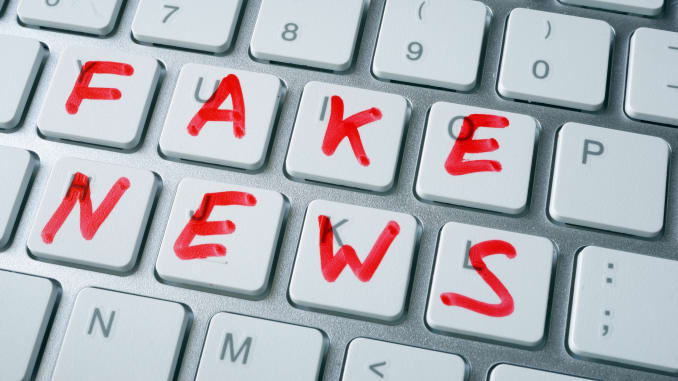Recently, I came across an Economic Times article titled “2019 – the year of fake news.” The headline of the article seemed to sum up all that has been going wrong, in the war against this modern day monster. I feel that the phenomenon of fake news, is indeed like a ‘Hydra’ monster of the Greek myths. Just as one fake news article is identified, many more spring into place, unleashing havoc in society and many times in business as well. The unchecked growth of fake news is eroding the credibility of media houses, influencers, companies and the PR fraternity. People are increasingly getting fed up with inaccuracies and conspired news, and this is eroding their trust with the media as a whole. Like the Corona virus that knows no borders, it is well acknowledged that the virus of fake news too, is an epidemic of global proportions.
Fake news is often built on partial facts and half truths and so it becomes believable. It spreads rapidly because it usually has compelling emotional content. This leads to instant reactions and the sharing of that content. Large stakeholders have come to realize that combating fake news has become a collective responsibility. All of us have to become a part of the solution or we become a part of the problem. Global giants like Google, Facebook and Twitter are already taking steps to combat fake news in various ways. Major Indian publication houses like the India Today group, Bennet and Coleman group and the Network 18 group have already set up their own Fact Check / News Check sections in their publications.
Additionally, the past couple of years have seen the rise of several independent fact checking organisations which are now playing a strong role in trying to stem the tide. Fact check organizations in India like BOOM, Check4Spam, Alt News, Vishvas.news, Factly, Newsmobile, and Fact Crescendo are partnering with media houses and social media platforms like Facebook and Twitter to help identify and curtail fake news. Even the PIB of the Government has set up a cell to help fight this crisis. Communication business practitioners have always impacted news and media industry trends. For the PR practitioners the need of the hour is to be extremely vigilant and the challenge is not only to counter it but find the source where it all started.
When we founded Consicia Advisory in 2017, we worked with one of the largest rice companies in India, who were, at that time struggling to counter fake news on plastic in branded basmati rice. The news had spread so rapidly on social media, that many large brands of packaged rice suffered a sharp drop in retail sales. To make matters worse, some of the food regulators across India spread more fear instead of providing support to the community. We countered the crisis with research, authentic information from credible community experts like cereal scientists and significant stakeholders like the Central Food Regulator. We developed factual and accurate information and shared it with consumer issues journalists and writers and mommy bloggers active on social media. The issue started disappearing in social media very fast and the sales bounced back.
Summing up, these are some of the key learnings that we derived from handling this and other fake news crisis:
Authenticity – While accuracy of information has always been important for the PR community, now there is a greater need to verify sources of information, their authenticity and guard against the danger of bias.
Attribution – Correct attribution with data sources should be used in order to avoid incorrect attributions in all data that is being disseminated.
Fact and data checking – Content curation is a commonly used method of data gathering by consultancies. PR firms should consider partnerships with credible data research consultancies and fact checking consultancies to make sure that all the data they share is verifiable and accurate.
Build inhouse data science and research capabilities – The increasing use of data based information that firms disseminate can often create a challenge. Many PR firms don’t have inhouse resources who can check complicated data sets for accuracy.
Build content creation capabilities – as newsroom staff dwindle worldwide, large and small publications are increasingly using contributed content. Consultancies which build in-house capabilities to create quality content in different formats, will have an edge over their competitors and will also be disseminating content which is verified and authentic.
Partner with business experts and specialists as per the needs of clients in order to generate authentic information and gain public support for correct, factual data.
This is just the beginning. As practitioners we will need to galvanize a joint action plan with the community much sooner.
The views and opinions published here belong to the author and do not necessarily reflect the views and opinions of the publisher.



Be the first to comment on "How the Indian PR fraternity can help fight fake news"